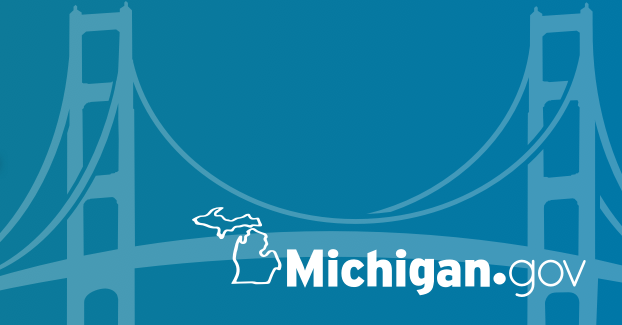
Secures 2,500 good-paying jobs, builds up health care workforce, lowers cost of home repairs
LANSING, Mich. – Governor Gretchen Whitmer, Senate Majority Leader Winnie Brinks, and House Speaker Joe Tate released the following statements after the passage of a bipartisan supplemental bill to power economic development, improve retention and recruitment in the health care workforce, lower the cost of energy-efficient home repairs, and more.
“Legislators from both sides of the aisle came together to make an investment in Michigan’s economy, health, and families,” said Governor Whitmer. “This bipartisan supplemental will help us secure 2,500 good-paying American manufacturing jobs in Marshall while improving local infrastructure, help recruit and retain health care workers in our hospitals and communities, and lower the cost of home repairs and utility bills by offering homeowners and builders rebates for energy-efficient appliances or construction. There are several other investments in the legislation to make a real difference in people’s lives and I am proud that we continue to get things done and build a brighter future for Michigan.”
“These significant investments reflect our continued commitment to funding much-needed services in our communities,” said Senate Majority Leader Winnie Brinks. “With the passage of this legislation, we’re boosting efforts to bring good-paying, high-quality jobs to the state while also taking this historic opportunity to zero in on the housing gap, water affordability, violence intervention, disaster recovery and so much more. I’m proud of what we were able to accomplish with bipartisan support.”
“Jobs matter and our ability to continue to see growth in our state is directly tied to our willingness to help bring good-paying jobs to Michigan,” said Speaker Joe Tate. “With the passage of this bipartisan legislation, we are not only investing in economic opportunity, but also in a variety of programs that help support our communities. Funding for healthcare workers, disaster recovery, suicide prevention programs, closing the gap on access to technology, and more, are all priorities for our state and will help make a difference in the lives of our residents.”
Supplemental Investments
- Creating Jobs and Bringing Supply Chains Home
- $299.7 million to local economic development
- $330 million to the Michigan Department of Transportation for infrastructure improvements
- Remaining $170.3 million to the State’s bipartisan economic development fund
- Health Care Workforce
- $63.5 million to fund a 2% rate increase for nursing homes
- $75 million for hospital recruitment/retention
- $60 million for community and neighborhood grants in disadvantaged communities
- Lowering Cost of Home Repairs
- $212 million for home energy rebates for home appliances, heating and cooling systems, electric vehicle chargers, and solar installation and battery storage
- Other Community Investments (selected)
- Reappropriate $150 million to build affordable housing, support construction jobs
- $10.8 million to begin the Community Violence Intervention initiative
- $10 million for wetlands restoration
- $7.9 million for disaster recovery
- $7.3 million for community service commission
- $5 million for arts grants
- $750,000 for veteran suicide prevention
###















